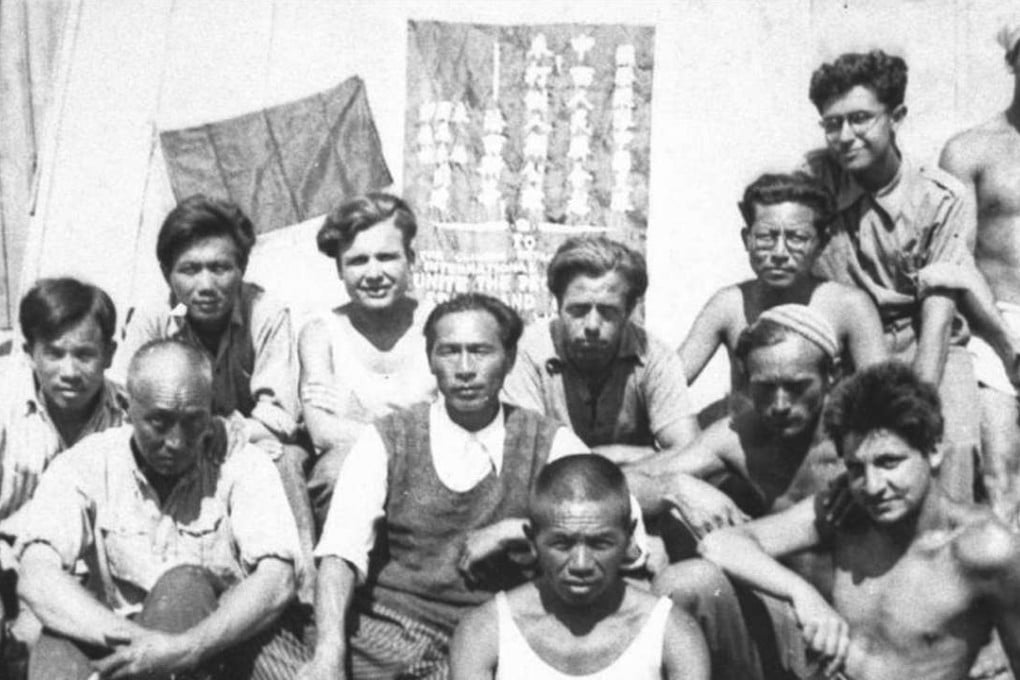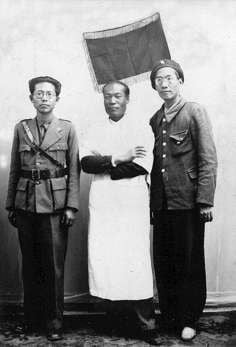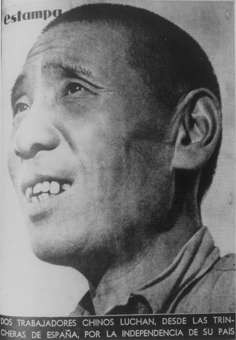The Chinese volunteers who fought in the Spanish civil war - their amazing courage and obscure fates
Illiterate farmers, manual labourers, civil servants – some 100 Chinese joined the International Brigades helping fight General Franco’s fascists 80 years ago. Despite being few in number, they left a lasting impression

In the autumn of 1937, Zhang Ruishu was enjoying a rare break from his 14-hour days on the frontline. One of very few, if not the only, Chinese in Madrid, he hadn’t asked for time off – there was so much to do – but his commander had insisted he take a break. The Spanish capital was decorated with defiant if raggedy banners reading No pasarán (“They shall not pass”) and Madrid será la tumba del fascismo (“Madrid will be the tomb of fascism”). Zhang had seen many such signs before. At a newsstand, however, a large promotional poster for Spanish news magazine Estampa caught his eye.

Almost 20 years to the day since he had first set foot on European soil, the humble 44-year-old from Shandong province, now a medic with Republican forces fighting fascism in the Spanish civil war, was being hailed as a hero in a country almost 10,000km from home.

While Franco’s Nationalists were openly assisted by the German and Italian forces of fascist dictators Adolf Hitler and Benito Mussolini, democratic nations including France and Britain operated an official policy of non-intervention, to the disgust of many of their own people, who saw the struggle as a fight against the evils of fascism and a prelude to even greater conflict in Europe.